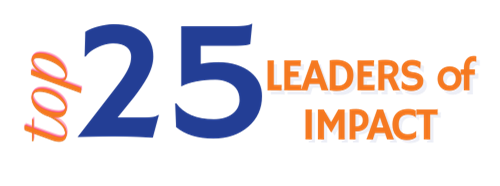 Yes, I am going there. Some of you may or may not have heard of the expression unapologetically black, brown, and sure white. So what does this mean? It means you do not have to apologize for your experiences, identity and ethnicity. With all of the fuss about unconscious bias and understanding your behavior so that you can bring your authentic self and who you really are to the workplace, then the workplace better get ready for the reality of people sharing their true, honest and candid feelings about the differences that surround them.
Yes, I am going there. Some of you may or may not have heard of the expression unapologetically black, brown, and sure white. So what does this mean? It means you do not have to apologize for your experiences, identity and ethnicity. With all of the fuss about unconscious bias and understanding your behavior so that you can bring your authentic self and who you really are to the workplace, then the workplace better get ready for the reality of people sharing their true, honest and candid feelings about the differences that surround them.
With that said, the trends from the DMBA inclusive leadership index is indicating that organizations that have made a conscious decision to drive sustainability and institutionalize inclusion are shaping the culture and ensuring behaviors are aligned with their stated values. This requires creating an environment to encourage bold and open conversations supported with an action plan to change behaviors.
We are faced with unprecedented societal racial issues today which is being acted out right now, in our communities, in our politics, in our government, in our workplace and, in our schools, this not only has to STOP, but we must eliminate the root cause. Recognizing that there is a real problem and beginning with the dialogue acknowledging the issues will support the healing process.
We must get past the color of the walls that are causing barriers and obstacles. Let’s talk about why we must not apologize for who we are and the differences we see and feel in people that make us uncomfortable.
– We do not apologize for establishing employee resource groups that represent ethnicity, identity, gender, generations and ask them to bring their perspectives upfront;
– We do not apologize for 95 percent of Fortune 500 CEOs for being non-Hispanic white males;
– We do not apologize for Fortune 500 boards being 90 percent non-Hispanic white males;
– We do not apologize for the fastest growing group being advanced into management and leadership roles being non-Hispanic white females;
– Why do we have to apologize for the overwhelming number of Chief Diversity Officers being Black and Hispanic;
– Why do we have to apologize for adding the Q to LGBT when we talk about being inclusive;
– Why do we have to apologize as a minority manager for promoting another minority into management;
– Why do we have to apologize for persons with disabilities not being able to assume they have a fair and equitable opportunity to be promoted;
– Why do we have to apologize for having the conversation in the workplace about Black Lives Matter and the impact of Immigration;
–
Why do we have to apologize for developing an intentional strategy to provide access to groups that have been denied it for decades…
Of course, we could go on and on about why do we have to apologize for anything. What’s on your top ten list? Now, after making your list the next step is to decide which issue you can help change the perspective and the dialogue.
Florence Littauer’s Personality Plus has helped me understand differences at a cultural level. Everyone has gaps in their skills and abilities, so if people with different talents and temperaments work together a lot more can be achieved. At the end of the day, let’s appreciate the differences you find in each other.









